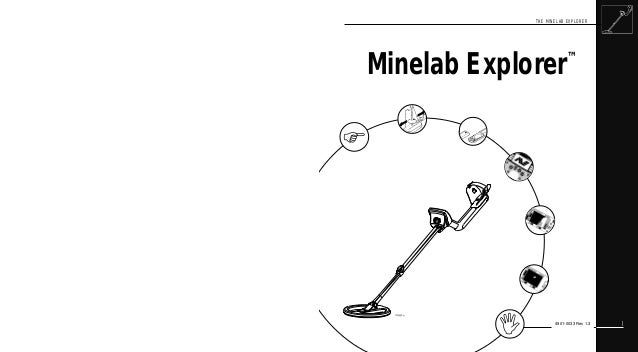Poljskij Torrent Treker
- 0 Comments!
Nov 30, 2008. Msgid ' 'using the torrent file, refer to torrent.fedoraproject.' Pawel Sadowski (prevodilac - poljski)' +'Tracker desNe #: en_US/Tools.xml:209(title) msgid 'AMQP.
This article contains: vague phrasing that often accompanies or information. Such statements should be. ( February 2012) () A BitTorrent tracker is a special type of that assists in the communication between using the. In peer-to-peer file sharing, a software client on an end-user PC requests a file, and portions of the requested file residing on peer machines are sent to the client, and then reassembled into a full copy of the requested file. The 'tracker' server keeps track of where file copies reside on peer machines, which ones are available at time of the client request, and helps coordinate efficient transmission and reassembly of the copied file. Clients that have already begun downloading a file communicate with the tracker periodically to negotiate faster file transfer with new peers, and provide network performance statistics; however, after the initial peer-to-peer file download is started, peer-to-peer communication can continue without the connection to a tracker. Since the creation of the (DHT) method for 'Trackerless' torrents, BitTorrent trackers have largely become redundant; however, they are still often included with torrents to improve the speed of peer discovery.
Contents • • • • • • • • • • • • Public vs private trackers [ ] Public trackers [ ] Public or open trackers can be used by anyone by adding the tracker address to an existing torrent, or they can be used by any newly created torrent, like.  Operated one of the most popular public trackers until disabling it in 2009 amid legal trouble, and thereafter offered only. Private trackers [ ] A private tracker is a BitTorrent tracker that restricts use by requiring users to register with the site. The method for controlling registration used among many private trackers is an, in which active and contributing members are given the ability to grant a new user permission to register at the site, or a new user goes through an interview process. Legal issues [ ].
Operated one of the most popular public trackers until disabling it in 2009 amid legal trouble, and thereafter offered only. Private trackers [ ] A private tracker is a BitTorrent tracker that restricts use by requiring users to register with the site. The method for controlling registration used among many private trackers is an, in which active and contributing members are given the ability to grant a new user permission to register at the site, or a new user goes through an interview process. Legal issues [ ].
Main article: There are several circumstances under which it is legal to distribute copyrighted material or parts thereof. • Free distribution. Copyright holders may choose to allow free distribution of their works.
Dedicated copyright licenses—usable by anyone who wants to upload their own material—are available for that purpose. Such licenses are often used in situations with large numbers of copyright holders, like in online communities.
For example, the license family for in text, audio, video or image format; or software licenses for / like the and others. Itself can be distributed via BitTorrent for the same reason.
• Public domain. Works that are in the and therefore not (or no longer) subject to copyright law can also be legally distributed. For instance, regularly collects and publishes classical cultural works after their copyright has expired (which depends on the country in which the work was previously published). Some countries also have provisions in copyright law, which allow people the right to access and use certain classes of copyrighted material without breach of the law.
There are also experiments at legally selling content that is distributed over BitTorrent using a 'secure' tracker system. Improving torrent reliability [ ] Trackers are the primary reason for a damaged BitTorrent 'swarm'. (Other reasons are mostly related to damaged or hacked clients uploading corrupt data.) The reliability of trackers has been improved through two main innovations in the BitTorrent protocol. Multi-tracker torrents [ ] Multi-tracker torrents contain multiple trackers in a single torrent file.
This provides redundancy in the case that one tracker fails, the other trackers can continue to maintain the swarm for the torrent. One disadvantage to this is that it becomes possible to have multiple unconnected swarms for a single torrent where some users can connect to one specific tracker while being unable to connect to another. This can create a disjoint set which can impede the efficiency of a torrent to transfer the files it describes. Additional extensions such as and mitigate this effect by rapidly merging otherwise disjoint graphs of peers. Trackerless torrents [ ] Vuze (formerly Azureus) was the first BitTorrent client to implement such a system through the (DHT) method. An alternative and incompatible DHT system, known as Mainline DHT, was developed simultaneously and later adopted by the BitTorrent (Mainline), µTorrent, Transmission, rTorrent, KTorrent, BitComet, and Deluge clients.